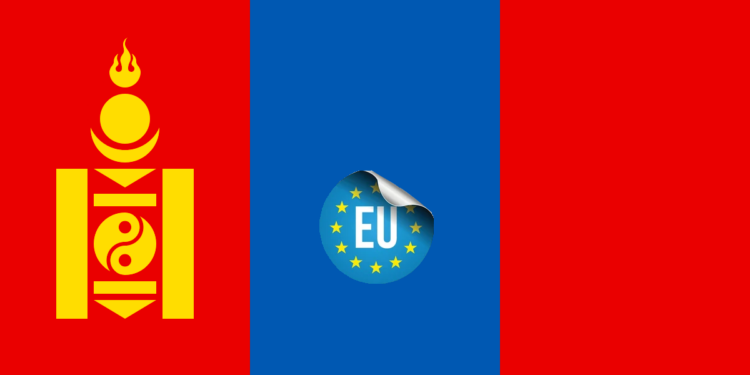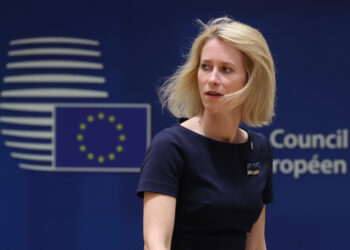Brussels – The Russian-Ukrainian war, respect for international law, rule of law and fundamental rights. Then, there’s the resource game, essential for global “green” engine ambitions. The European Union has much to gain from new, more significant relations with Mongolia, and the visit of Russian President Vladimir Putin creates impatience and embarrassment. Given the geopolitical interests at stake with Ulan Bator, it cannot force its hand or be too vocal. Still, the European Commission, through spokeswoman Nabila Massrali, does not hide its disappointment at the inaction of Mongolian authorities.
“There is an arrest warrant from the International Criminal Court, and Mongolia as a party to the Rome Statute has legal obligations,” is Massrali’s comment on a visit that allowed the Russian leader to play his game in an anti-Western and European way. The gas supply deals are revenue for Moscow’s coffers and a way around twelve-star sanctions, while the arrangement for critical raw materials is a subtraction from European ambitions.
Copper and rare earths are among the resources Mongolia can offer, valuable elements for the European Union’s Green Deal, squeezed between the need to condemn Putin’s Russia and the impossibility of taking too hard a line against a strategic partner in danger of slipping away. Even Elon Musk has considered going to Mongolia to produce the batteries for his electric Teslas because of what lies in the Mongolian subsoil—which offers much more than copper. There is lithium, nickel, and manganese, all useful for batteries; molybdenum, strategic as a component of solar cells; and again graphite, needed for transistors, the electronic devices found in semiconductors that the EU needs for its double green and technological transition.
The EU-Mongolia cooperation agreement went into effect in 2017, and the Russian aggression of Ukraine in 2022 has led the Twenty-Seven bloc to redesign every agenda and address the need for supply diversification. Brussels realized that the European Union’s dependence on credible and secure supply chains for critical raw materials helpful in translating the double transition into practice, and Mongolia’s efforts to diversify its economic relations sustainably could bring the two subjects closer together, also taking into account the European needs to break free from Chinese supplies.
European Parliament analysts take stock of the situation in a working paper that summarises past, present, and potential future scenarios: “As the scramble for critical materials is in full swing and major importing countries have designed economic de-risking policies to find alternatives to China’s current quasi export monopoly on materials such as rare earths, the EU and Mongolia could enter into a partnership on critical raw materials.”
A partnership of this type and nature would be a winning formula for both parties. Today, Mongolia’s energy production derives 95 per cent from coal, and the potential for renewables remains untapped. The EU can offer a hand in cleaning up the Mongolian economy and its own through those resources it does not have but could get from its partner.
The all-European dilemma is served. Mongolia acquires new relevance and significance in an increasingly complex international chessboard. In this game, Putin seems to have played ahead of the game, with the authorities in Ulan Bator failing to order his arrest for an outcome that is a double mockery for Europe. “Mongolia has every right to establish its bilateral relations” is precisely the point, and the Commission spokeswoman is aware of this so much that she reminds her own. Mongolia, squeezed between Russia and China, has made its own choices, which do not smile on the EU.
English version by the Translation Service of Withub





